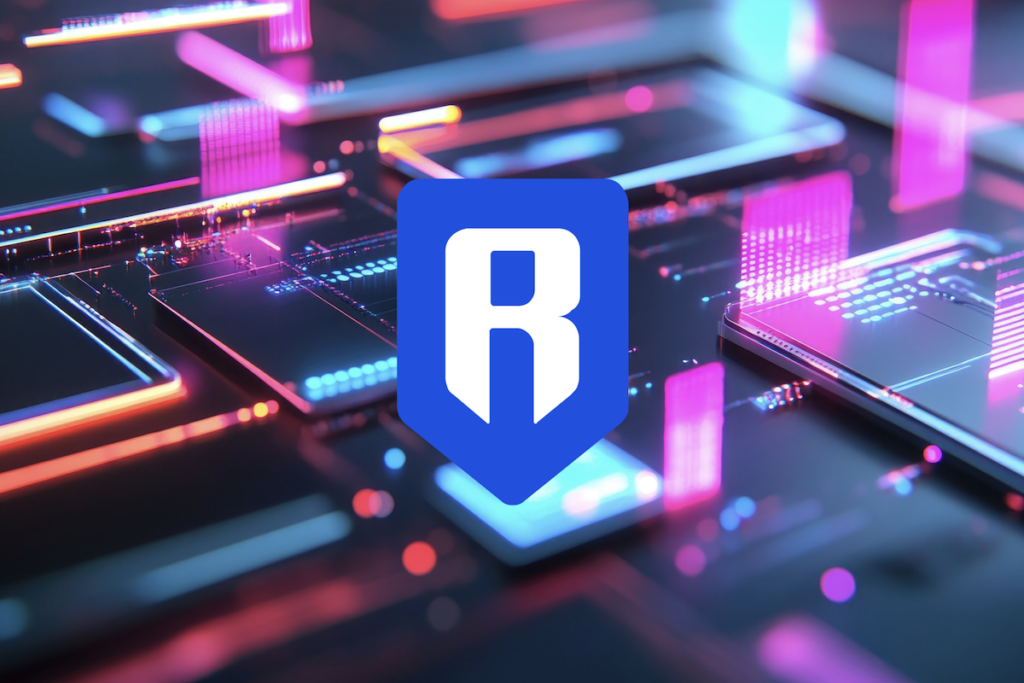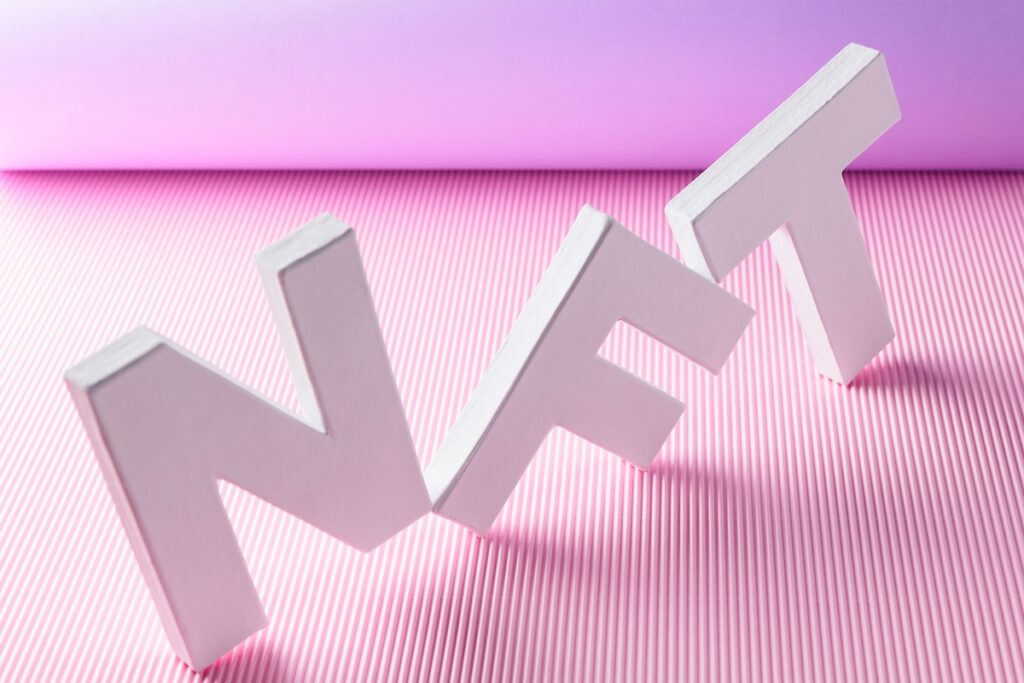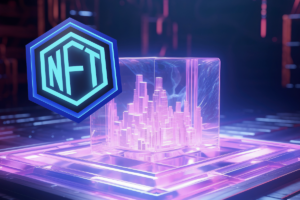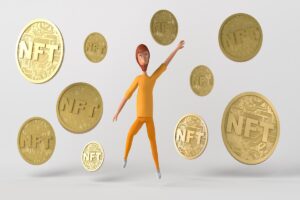Last year in October, Facebook announced at the company’s annual Connect conference that it will be rebranding as ‘Meta’, with a view to building a new version of the internet, The Metaverse. While this rallied up support and attention across the world, the metaverse has been there way before with blockchain firms leading this revolution. From non-fungible tokens (NFTs), blockchain games, and virtual realities, the metaverse has grown much larger than expected so far in 2022.
Over the past year, blockchain platforms such as Axie Infinity, Decentraland, and The Sandbox have attracted individuals, celebrities, and even companies to the metaverse. Shortly after buying land parcels from The Sandbox, PwC released a report predicting a significant growth of the metaverse in contributing to the global economy. According to the report, the metaverse ecosystem could skyrocket to over $1.5 trillion in value by 2030 affecting various sectors such as education tech, health, gaming, and industry 4.0.
The metaverse, to put it simply, is a virtual arena that combines physical and digital worlds giving digital representations of people, or avatars, allowing them to interact, communicate, work, and play among other real day-to-day activities we do in the real world.
At the heart of the metaverse, is the gaming ecosystem, which has witnessed massive growth over the past two years. According to data from DappRadar, there are now 482 active blockchain games, defined as having at least one active wallet in the past 24 hours within the game, representing over a 20% increase since January. The total number of blockchain games, including the inactive ones, has risen by 25% over the past three months to 1,486.
The Rise of Gaming as the Future of the Metaverse
As explained above, gaming, especially blockchain-based gaming, is leading talks and debates around the metaverse. While still in the early days of the innovation, these new virtual worlds present a new way for gamers to experience gaming. These platforms build intriguing social and economic opportunities for gamers across the globe. Named play-to-earn games, metaverse-based gaming offers players new ways to interact, play, invest, collect and earn from simply playing the game.
Bullieverse, one of the leading blockchain gaming platforms giving players access to the metaverse, has been one of the standout performers in the space this year. The game is an open-source project developed for the community of players and creators around the world. The game includes a fantasy Metaverse Island where users can play out-of-experience games, create experiences, and earn rewards.
On Bullieverse, users do not only own the NFTs but can also use the NFTs in the in-game plays to help them collect more rewards. Additionally, NFT and in-game asset owners can rent or lease their assets to others to earn a passive income, while not playing the game. Finally, the platform also includes a DAO, or decentralized autonomous organization, which allows users to participate in decentralized voting to upgrades and updates in the metaverse, bringing the real world into the game.
From the example above it is evident the blockchain gaming space has taken the gaming ecosystem a step higher. Nonetheless, entertainment and competition remain the core of gaming, whether traditional or blockchain gaming. Over the past decade or so, competitive video gaming watched by spectators and fans, or eSports, has grown massively as a form of entertainment – and blockchain gaming projects are entering the space at a rapid pace.
The Rise of Esports Gaming in Blockchain
eSports has captured the eyes and minds of many around the world in the past few years. This has translated to making it the most popular, most profitable, and fastest-growing form of entertainment today. According to unverified estimates, the global eSports industry could collectively gain revenues of $3.2 billion in 2022, seeing the sector gain more than UFC and UEFA Champions League combined, in terms of annual gross revenue.
It is becoming more clear that blockchain technology could play a role in the eSports industry, forming a synergy like not been seen before. The integration of crypto into the world of eSports could open the path to new opportunities giving users, players, and innovators a new gaming or spectating experience like never seen before. Thetan Arena is one of the blockchain eSports games aiming to build this future of competitive gaming.
Thetan Arena allows users to gather friends, form a team, battle with others, and earn money on the platform. Users can broadcast their games across the platform to millions of other users, who pay for the stream through the native cryptocurrency, $THG, or other cryptos.
So how does a crypto and eSports synergy benefit the gamers? As alluded to, there are countless benefits for the eSports gaming industry integrating blockchain. First, it enhances the overall gaming experience by allowing real fan interaction by incentivizing engagement. It also gives players a new revenue stream through tokenized teams and enhanced loyalty programs, allowing ordinary fans to earn from watching the gamers.
Additionally, crypto enables athletes to crowdfund their performance using income share agreements or loyalty rewards, which are coded in smart contracts. Finally, it creates new markets in the sports industry and deeper liquidity for teams as teams can create fan tokens, enabling more investors to purchase shares or parts of organizations.
Final Words
The world of virtual reality and blockchain gaming is growing at a rapid pace as people get more acquitted of the metaverse. Facebook’s entry into the field opened the imagination and attention of many gamers (and non-gamers) into the foreign virtual worlds. Today, gamers can easily play to earn, experience the metaverse and participate in decentralized governance.
Nonetheless, the concept of entertainment remains a key point in the growth of games, as seen with the explosive rise of eSports in the past decade. Blockchain technology is also piercing its tentacles into the eSports industry allowing real fan experiences, tokenization of teams, crowdfunding, and new earning opportunities for the players.
Author
-

NFT News Today's press release service provides a streamlined platform for individuals and organizations to share and distribute noteworthy announcements




